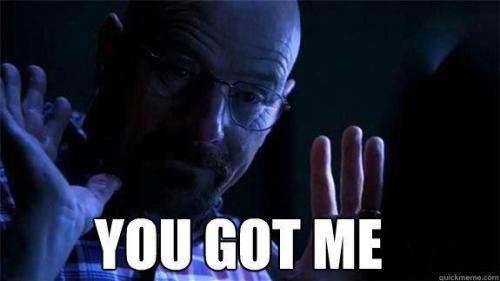I have already put a ton of thought into this. In fact, I just left a hi tech field with artificial intelligence at its center. I just want to reassure those that are entering the medical field that they are making an excellent decision, and that the fears of their jobs being replaced anywhere in the near future are vastly overstated.
The only people who need fear for their job are those whose primary responsibilities can be easily and efficiently reproduced and require no immediate critical thought. In other words, it's mid-level healthcare workers who need to worry, and even then I wouldn't worry too much.
Here's some thoughts:
1. Who will generate new research to understand evolving problems in the world? Computers can generate new research. Fine. But can they understand, interpret, and then apply this new research? How quickly? Understand that doctors (including Ph.Ds, Ed.Ds, etc.) aren't just assembly line workers that do the same things over and over again. Even if they were, the entry point of being a physician is as a generalist--a primary care worker who can dynamically adjust their scope of practice according to needs of any given population. If every need were being met in a given population, the physician would either revert to scientific work and research OR would find a population whose needs were not being met.
2. Describe a world where computers have taken on 45% of the current jobs. Does the economy of this world even matter anymore? Can this world's economy sustain 45% of an 8 billion population whose jobs are replaced? Who cares if you have a job if robots can serve most or all needs at this point? This sounds more utopian than dystopian to me. Closer to Star Trek maybe. Be above the fear.
3. Even if this argument about computers is inane for healthcare workers now, people need to understand that it has serious repercussions for very valuable jobs that every economy needs to retain. Do not devalue the role of a teacher because a programmer can put all the world's knowledge in an online course. Teachers and mentors are much more than deliverers of knowledge content. They can inspire others to obtain value in their life and achieve much more than they could on their own. Educators keep children out of the prison system and benefit all populations by guiding their development and proactive involvement in civilization. Computers cannot ever replace this important role; humans are much more than their test scores. Understand that human interaction (more than the basic duties of being a physician) is part of a necessary service that computers cannot replace. If you want a stable career that is difficult to replace, look to any career than involves service to community or country. On the other hand, careers that do not involve service often carry a risk of replacement along with a very hefty reward for success.
tl;dr : your friends did not put enough thought into this scenario. Physician jobs are safe, and most will even benefit from technological flexibility and innovation.
